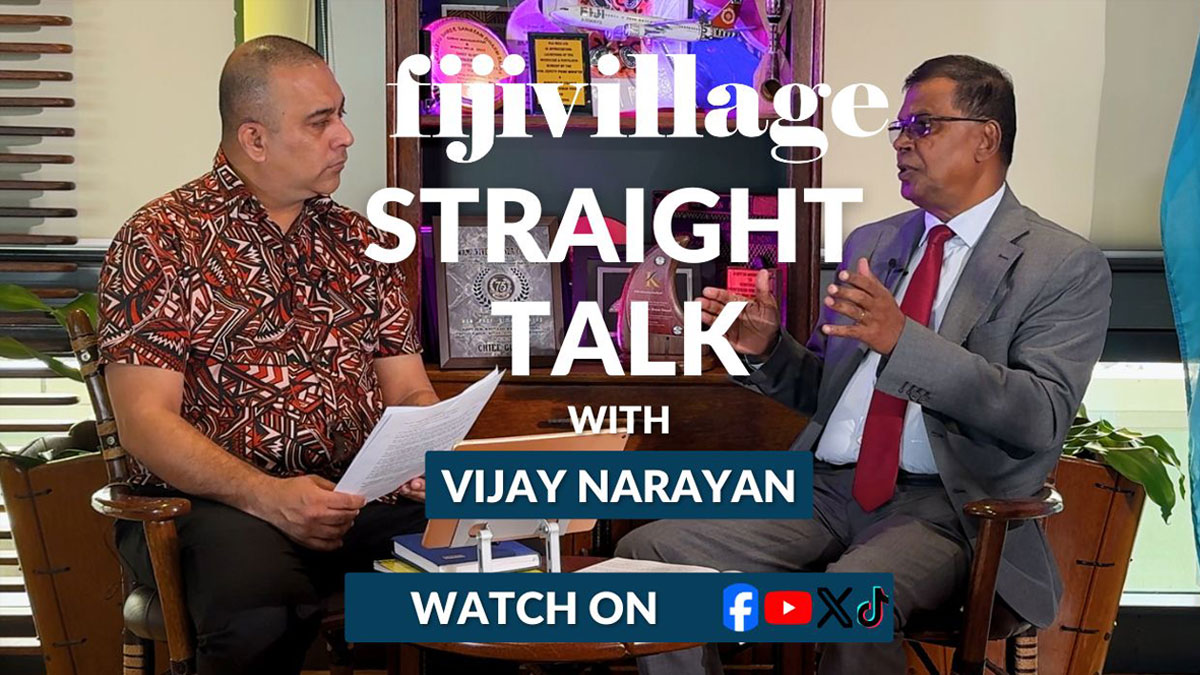
Parliament has unanimously passed the Child Justice Act that provides a more comprehensive framework for the special treatment of children at all stages of the child justice process, from the point of their initial contact with the police through to trial, rehabilitation and reintegration into the community and to their families.
The Act raises the minimum age of criminal responsibility from 10 years to 14 years and contains new provisions on diversion, allowing a police officer in consultation with a child justice officer or a public prosecutor to deal with an offence committed by a child through cautions, a diversion plan or referral to a restorative justice process such as a community conference, without sending the child to court.
It also replaces the term “juvenile” with “child in conflict with the law” as the stigma attached to the use of the term “juvenile” is detrimental to the rehabilitation of an offender who is a child.
While tabling the Bill, Minister for Women, Children and Social Protection, Lynda Tabuya says the Act recognizes that many children enter the justice system due to circumstances beyond their control, and it is our duty to intervene positively.
Minister for Justice Siromi Turaga says by focusing on rehabilitation rather than punishment, they can help these young individuals avoid a life of crime, instead nurturing them into productive, law-abiding citizens.
He says diversion can reduce offending rates by up to 70 percent depending on the quality of the program.
While speaking in support of the Bill, Opposition MP Virendra Lal says it is good to see that the provisions which were in the repealed MIDA Act are now included in Bill and will prohibit the publication of information that identifies children involved in legal proceedings.
While raising concerns on raising the age of criminal responsibility to 14 years, Opposition MP Sachida Nand says children over 10 who commit crimes knowingly should be held accountable.
He says raising the age could create a lenient system, enabling repeat offences without consequence that could lead to a rise in crime rates, exploitation of children by gangs, and reduced trust in the justice system.
He says early intervention is critical to prevent future criminal behaviour.
While highlighting the importance of diversion programs, Opposition MP Mosese Bulitavu says serious crimes like murder and attempted murder will still go through the standard criminal justice system.
He says repeat offenders exploiting diversion programs will face stricter measures.
Bulitavu says the Director of Public Prosecutions will oversee decisions to ensure justice.
Minister for Lands and Mineral Resources Filimoni Vosarogo stressed the need to align child justice with international standards, prioritizing rehabilitation and reintegration.
He says the judicial system should consider the socio-economic background of children to avoid further marginalization.
Vosarogo says real-life cases demonstrate the necessity of holding parents accountable and involving them in the justice process for effective outcomes.
Stay tuned for the latest news on our radio stations

